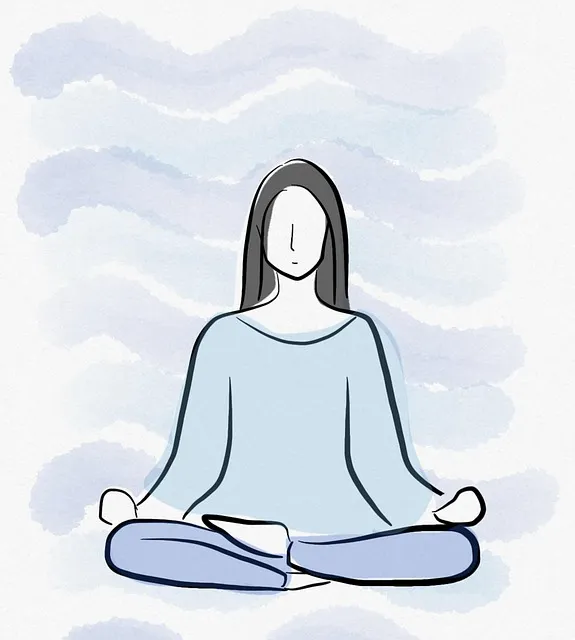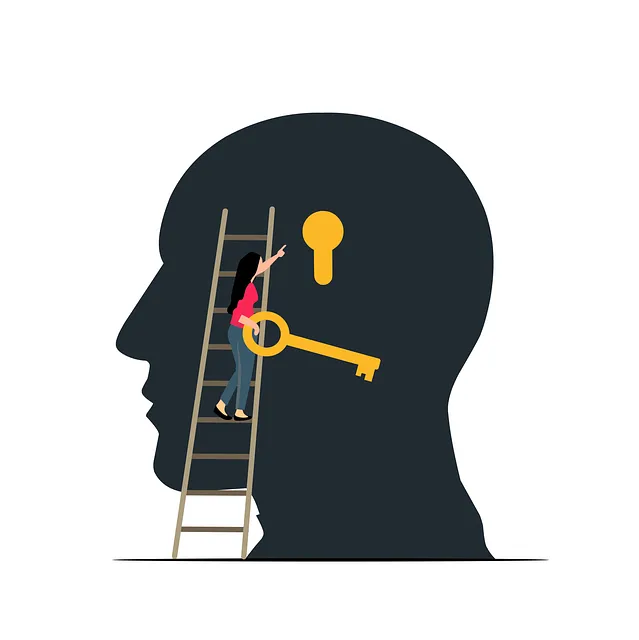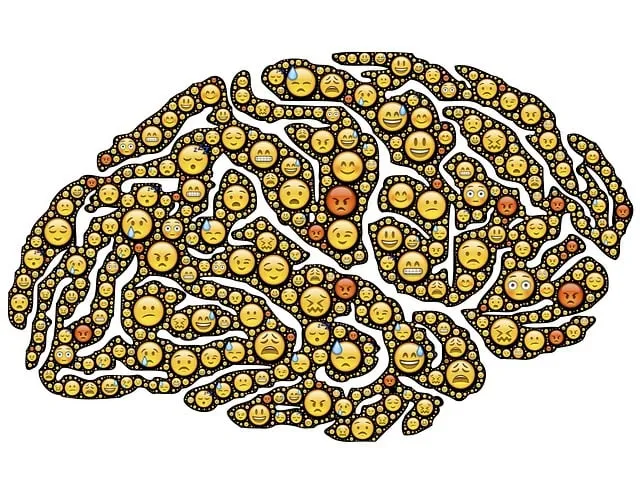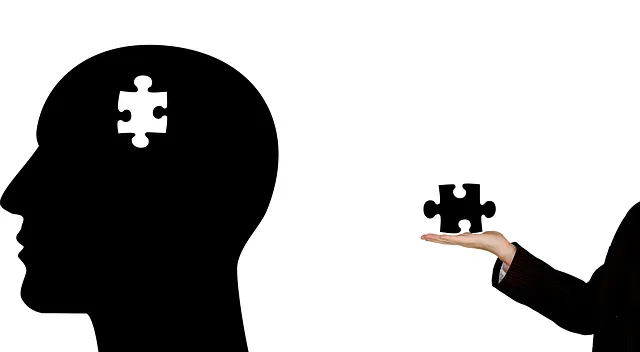Chronic stress, a significant public health concern, can lead to mental and physical health issues. Parker Kaiser Permanente psychiatry experts emphasize the importance of public awareness campaigns to identify triggers and promote positive coping mechanisms. They advocate for lifestyle changes like exercise, mindfulness (including meditation), and relaxation techniques to reduce stress hormones and improve well-being. The division offers evidence-based practices like CBT and tailored programs to enhance mental health education and accessibility for effective stress management.
Stress reduction is essential for maintaining mental well-being. In this article, we explore various methods to combat stress and promote a calmer mind. From understanding the impact of stress to adopting lifestyle adjustments, mindfulness practices, professional support from Parker Kaiser Permanente psychiatry services, and incorporating relaxation techniques into daily routines—each section provides valuable insights. Discover how these strategies can help you navigate life’s challenges with resilience and tranquility.
- Understanding Stress and Its Impact
- Lifestyle Adjustments for a Calmer Mind
- The Role of Mindfulness and Meditation
- Professional Support: Parker Kaiser Permanente Psychiatry Services
- Incorporating Relaxation Techniques into Daily Routines
Understanding Stress and Its Impact

Stress is a natural response to challenging or threatening situations, but when it becomes chronic, it can significantly impact both physical and mental health. According to Parker Kaiser Permanente psychiatry experts, prolonged stress can lead to a range of issues such as anxiety, depression, heart disease, high blood pressure, and weakened immune function. It disrupts the body’s natural balance, affecting sleep patterns, appetite, and overall well-being.
Understanding the impact of stress is crucial in adopting effective reduction strategies. The Mental Health Policy Analysis and Advocacy group emphasizes that public awareness campaigns development can play a vital role in educating people on recognizing stress triggers and promoting positive thinking as a tool to combat it. By fostering open conversations about mental health, these initiatives enable individuals to seek support and develop healthier coping mechanisms, ultimately improving their quality of life.
Lifestyle Adjustments for a Calmer Mind

Making lifestyle adjustments is a powerful way to calm your mind and reduce stress levels. At Parker Kaiser Permanente psychiatry, experts emphasize the importance of creating a balanced routine for optimal mental health. This involves adopting healthy habits such as regular exercise, which releases endorphins known to boost mood and reduce anxiety. Adequate sleep is another cornerstone; prioritizing rest allows the brain to rejuvenate and better handle stressful situations.
Additionally, incorporating mindfulness practices like meditation or deep breathing exercises can significantly aid in stress management. These techniques encourage a moment-by-moment awareness, helping individuals stay grounded and respond rather than react to stressors. Combining these self-care practices with conflict resolution techniques can create an effective toolkit for navigating life’s challenges, ultimately fostering resilience and emotional well-being.
The Role of Mindfulness and Meditation

Mindfulness and meditation have emerged as powerful tools for stress reduction, offering individuals a means to cultivate inner calm and resilience. These practices, promoted by Parker Kaiser Permanente psychiatry experts, encourage individuals to focus on the present moment, non-judgmentally. By paying attention to their thoughts, emotions, and bodily sensations without attachment or reaction, people can achieve a state of profound relaxation and clarity.
Research has shown that regular mindfulness meditation can reduce stress hormones, lower blood pressure, and enhance emotional intelligence—a key factor in navigating life’s challenges. Incorporating these techniques into daily routines, as supported by Trauma Support Services and Public Awareness Campaigns Development initiatives, can empower individuals to better manage stress and improve overall well-being. This approach aligns with the broader goal of fostering emotional resilience and promoting a healthier, more balanced lifestyle.
Professional Support: Parker Kaiser Permanente Psychiatry Services

For those seeking comprehensive stress reduction methods and professional support, Parker Kaiser Permanente Psychiatry Services stand out as a beacon of hope. This division within the renowned Kaiser Permanente healthcare system offers a range of services designed to address mental health concerns, including stress-related issues. Their team of expert psychiatrists, psychologists, and counselors employ evidence-based practices tailored to individual needs. From cognitive behavioral therapy (CBT) to mindfulness techniques, these professionals guide patients through effective self-care practices for managing stress.
Moreover, Parker Kaiser Permanente Psychiatry Services recognizes the importance of Mental Health Education Programs Design and Cultural Sensitivity in Mental Healthcare Practice. They organize workshops and seminars aimed at promoting mental health awareness and providing tools for coping with life’s challenges. By fostering a culture of understanding and empathy, these initiatives ensure that stress reduction strategies are accessible and beneficial to all individuals, regardless of their cultural background or personal experiences.
Incorporating Relaxation Techniques into Daily Routines

Incorporating relaxation techniques into daily routines can significantly reduce stress levels and promote mental well-being. At Parker Kaiser Permanente psychiatry, experts emphasize the importance of mindfulness, deep breathing exercises, and progressive muscle relaxation. These practices, when integrated into morning rituals or winding down in the evening, can help individuals achieve a sense of calm and clarity throughout the day. By dedicating just a few minutes each day to these techniques, one can cultivate inner strength and better manage life’s challenges.
The Crisis Intervention Guidance offered by Parker Kaiser Permanente encourages individuals to explore various relaxation methods tailored to their unique needs. Social Skills Training and Inner Strength Development programs also play a crucial role in helping people learn coping strategies that go beyond mere relaxation. These holistic approaches empower individuals to face stressors with resilience, enhancing their overall quality of life.
Stress reduction is a journey unique to each individual. By understanding the impact of stress and adopting methods like lifestyle adjustments, mindfulness, meditation, and professional support from Parker Kaiser Permanente psychiatry services, one can cultivate a calmer mind. Incorporating relaxation techniques into daily routines allows for a more balanced and resilient approach to life’s challenges. Remember that finding the right combination of strategies is key, and seeking help when needed is a sign of strength.






